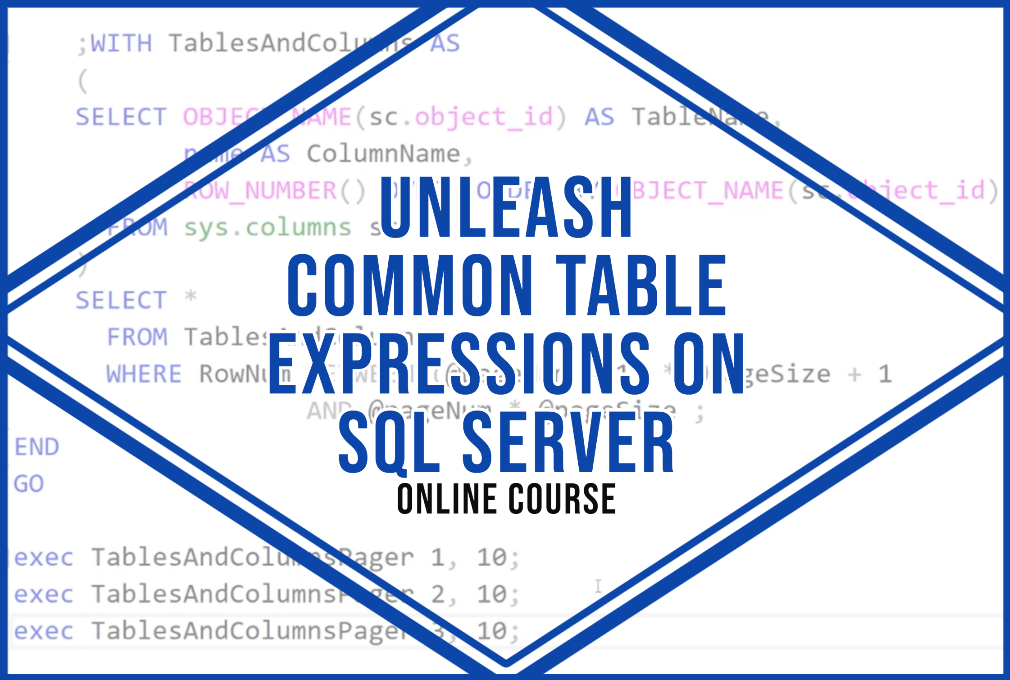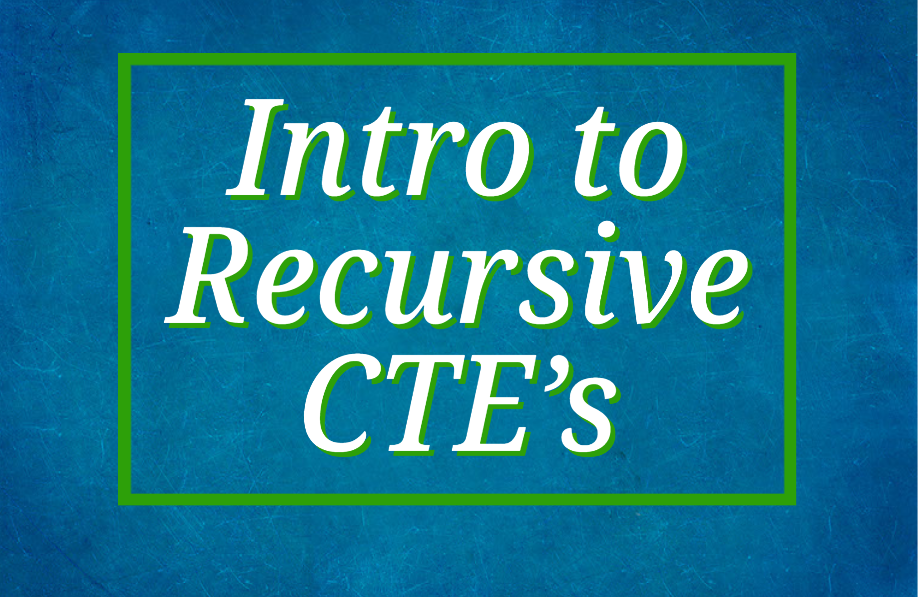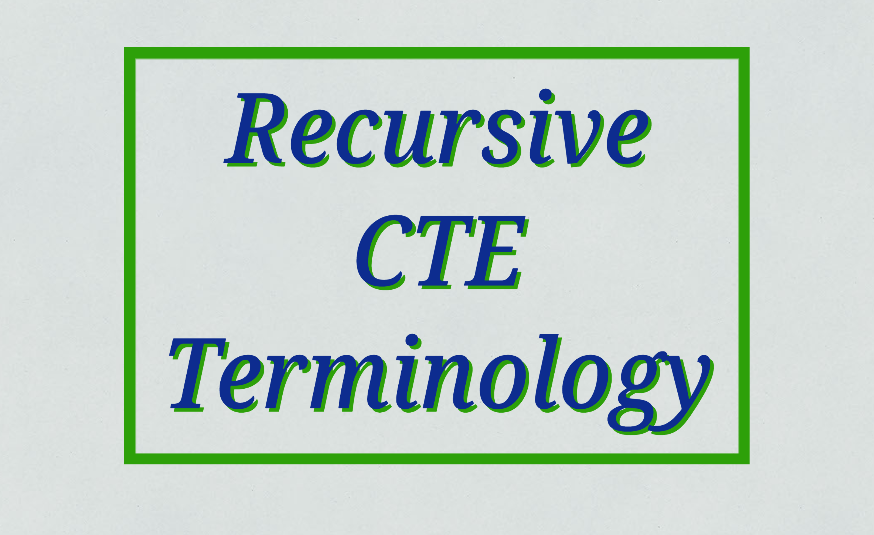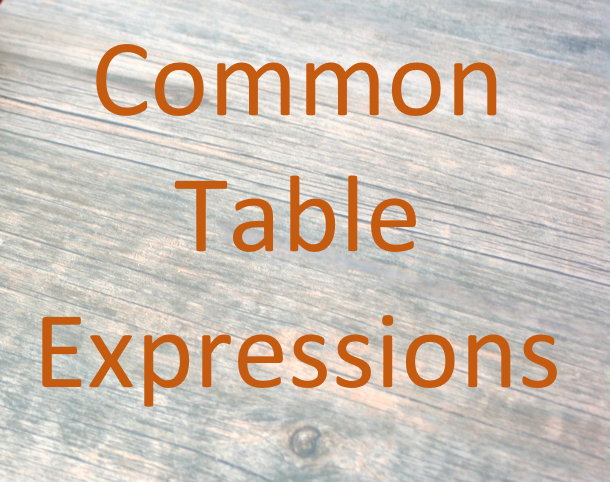Mastering Common Table Expressions (CTEs) in SQL Server
Mastering Common Table Expressions (CTEs) in SQL Server Common Table Expressions (CTEs) are a powerful feature in SQL Server that can make your queries more readable, more expressive, and often more efficient. Today, we’ll demystify this tool and invite you to delve deeper through my specialized class on CTEs. What is a Common Table Expression? A Common Table Expression, or …
Mastering Common Table Expressions (CTEs) in SQL Server Read more »









